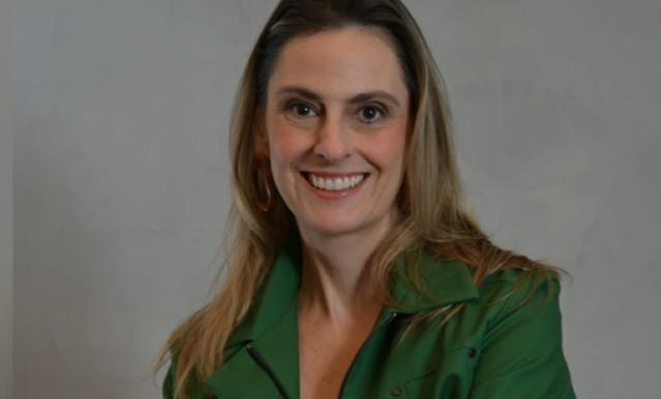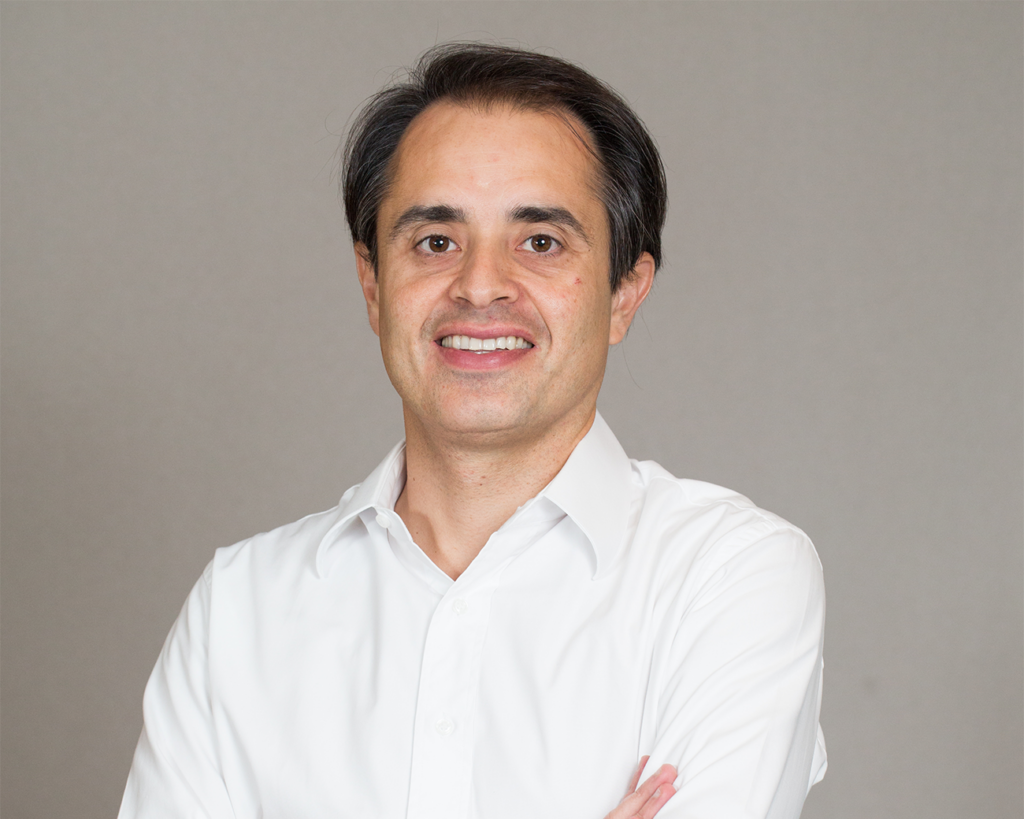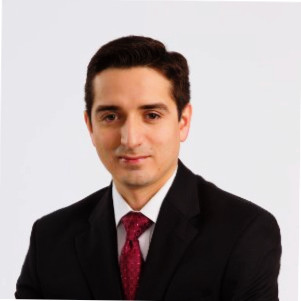Member Profiles
Pedro Sirotsky Melzer, e.Bricks Early Stage
29 January 2014

LAVCA spoke with Pedro Sirotsky Melzer, Managing Director or new member firm eBricks Early Stage about co-investing with other firms in the early stage market and how entrepreneurs in Brazil perceive opportunities both regionally and globally.
LAVCA: Please give us some background on e.Bricks and its early stage fund. How/when was the firm created? How does the relationship to Grupo RBS benefit the e.Bricks early stage fund?
Melzer: e.Bricks was created in October of 2012 as a spin-off of Grupo RBS’ digital media & technology holdings. Our early stage fund is a further step in that direction, still retaining Grupo RBS’ (one of Brazil’s leading media groups) full weight and backing to accelerate portfolio companies through its position as a principal LP, though with a dedicated team partnering with external LPs to provide the skillset and independence required of venture opportunities in the technology space.
Our close relationship with Grupo RBS provides us with significant advantages at all stages of the investment process, from accessing proprietary deal flow and tapping into in-house due diligence expertise, all the way to C-level access in Brazil’s major companies for our entrepreneurs. The group’s own entrepreneurial DNA has proven to be a natural fit with the e.Bricks portfolio, and it’s been remarkable to see how the entrepreneurs have leveraged the RBS ecosystem in growing their own businesses.
LAVCA: How many funds do you operate? What is your geographic and sector focus? What’s your average investment size?
Melzer: In tandem with e.Bricks’ main growth platform, we currently operate a single US$100m fund targeting early stage technology or technology-enabled businesses in Brazil. Our investments are in the US$1.0-2.5m range, with a significant portion of the fund reserved for follow-on investments.
LAVCA: What attracted e.Bricks to expand the scope of its investments last year (2013) in order to act on early stage opportunities? What new challenges and opportunities are created across the investment spectrum?
Melzer: During the execution of our growth strategy, we saw many ways in which Grupo RBS and e.Bricks’ own resources could significantly contribute to the success of early stage businesses as a minority partner, but lacked the fund structure and the dedicated team to fully take advantage of that opportunity. In our dedicated early-stage investment team, both the opportunity and the challenge has been to move beyond our role as partner to exceptional entrepreneurs, and to actively employ the expertise and connections of one of Brazil’s largest media groups in a country where the system is still rigged against market entrants.
LAVCA: Similar to the US model, e.Bricks Early Stage has taken the opportunity to co-invest with a range of other firms in the early stage market. How do you develop those relationships? How is this model working in Brazil?
Melzer: Brazil is in the process of developing a robust venture capital ecosystem mirroring that of the US. Happily, other actors beyond traditional funds, such as corporate venture capital, state-backed funds, and strategic investors, have all played a significant and positive role early on in creating innovative companies and delivering returns to investors. We’ve found that both our team’s unique experience at the beginning of that nascent industry and Grupo RBS’ national reputation have been critical in coalescing a genuinely complementary group of investors to our portfolio companies, including co-investments with Monashees, Qualcomm Ventures, and Kazsek, among others. We actively seek out partners to co-invest with that share our vision, and we’ve been thrilled to see that these have developed into relationships spanning multiple companies and rounds.
LAVCA: Please describe the companies currently in your portfolio. What attracted you to these companies?
Melzer:Our portfolio strategy deliberately strikes a balance between our companies’ potential to disrupt their industries and their ability to create tangible monetary value. GuiaBolso, for instance, is the country’s first personal finance organizer to seamlessly connect to Brazilian banks, providing a sorely needed dose of consumer empowerment to a notoriously outdated industry. Canal da Peça, on the other hand, brings auto parts retailers and mechanics together in a platform that is removing a historical problem of discovery in one of Brazil’s largest and yet most inefficient industries. All of our companies share the same fundamental ability to resolve longstanding problems in Brazil through innovative technology, executed by outstanding teams that we are proud to call our partners.
LAVCA: What are your expectations for exiting your current portfolio companies? How is that a reflection of demand from global players seeking to access the Brazilian market?
Melzer: Our early stage portfolio is still very young and our discussions with portfolio entrepreneurs today are more likely to be about proving models and building long-lasting companies that we’re proud of, rather than exit scenarios and valuations. We’re naturally supportive of and encouraged by the increased interest in the Brazilian market by mature companies from the US and elsewhere, and we’re confident they’ll provide a much-needed boost of encouragement to both LPs and future entrepreneurs through exits in the near future. Having said that, timing is key, and we’re inclined to agree with our entrepreneurs who feel that, as far as exits are concerned, “the best is yet to come.”
Melzer: Where are Brazilian entrepreneurs most comfortable with their prospect of succeeding – Brazilian, Latin American or global markets?
Melzer: There is a natural transition process for local entrepreneurs to increasingly tackle global problems. We’ve found that the best entrepreneurs focus on solving the immediate problems of their surroundings, and are drawn to entrepreneurship by their ability to deliver real solutions and not the abstract potential of huge global markets. It is these entrepreneurs who seem comfortable and able to apply that same creativity and resolve in bringing or adapting their solutions to larger and more distant markets.
LAVCA: How have entrepreneurs’ expectations evolved regarding valuations and investment terms in Brazil over the last three years?
Melzer: We feel that the increasing maturity of both entrepreneurs and investors has generated positive results when we sit and discuss potential partnerships. Terms are now far more aligned, corporate governance more conducive to investments and entrepreneurs highly versed in receiving outside investment. Fortunately, the increase in activity as measured by both available capital and stellar founding teams has not led to skyrocketing valuations, but rather greater care by entrepreneurs in selecting groups of investors who can both add value in specific and complementary ways, while acting as genuine partners in building Brazil’s next great companies.
LAVCA: What challenges and opportunities do you predict for early stage venture investors entering the region in the next 5-10 years?
Melzer: Five years is an eternity in venture capital and entrepreneurship in Brazil. We believe that the key challenge for future entrants will be establishing reputation and delivering a value proposition to the top founders in a country that already shows signs of skipping ahead to the point where great opportunities increasingly gravitate to a select group of investors. Knowing how to do “business in Brazil”, however, will remain a critical and truly watershed skill for VCs here throughout the next decade. Unfortunately, the key predictors of someone’s ability to do business in Brazil are still experience and connections, both of which tend to favor early entrants over latecomers.
You may be interested in...
-

Luciana Antonini Ribeiro, eB Capital
Executive: Luciana Antonini Ribeiro, Co-Founder and CIO Member Name: eB Capital Year...
-

Cristiano Gioia Lauretti, Kinea Private Equity
Member: Kinea Executive: Cristiano Gioia Lauretti, Head of Private Equity HQ: São...
-

Maria Pia Iannariello, MGM Innova Capital
LAVCA recently spoke with Maria Pia Iannariello, Co-Founder & COO of MGM Innova Capital,...
-

Rafael Ramirez, Portfolio Manager, Alaska Permanent Fund Corporation
LAVCA recently spoke with Rafael Ramirez, Portfolio Manager– Private Equity &...